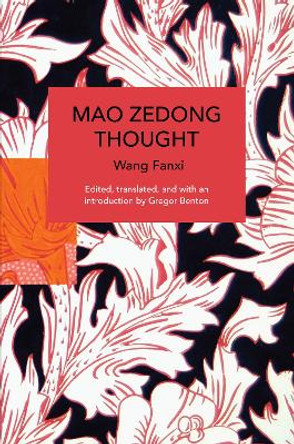Description
From his role as leader of a communist revolution in a war-torn and largely rural country to the disasters of the Great Leap Forward and the Cultural Revolution, the relationship between Mao's ideas and his political action is highly disputed. With unparalleled authority, Meisner shows how Mao's unique sinification of Marxism provides the key to looking at this extraordinary political career. The first part of the book is devoted to Mao's revolutionary leadership before 1949, in particular the influence of the liberal and anarchist ideas of the May Fourth era, his discovery of Marxism, Leninism and his conviction that peasants held the potential for revolution. In the second part, Meisner analyses Mao's early successes as a nationalist unifier and modernizer, the failure of his socialism and his eventual transformation into a tyrant.
About the Author
Maurice Meisner is Harvey Goldberg Emeritus Professor of History at the University of Wisconsin, Madison.
Reviews
"A stimulating argument, useful for both novices and established scholars."
History
"Meisner is uniquely qualified by political commitment, professional experience, and scholarly talent to produce this important new biography of Mao. He offers a reasoned, indeed regretful, Marxist analysis of Mao's role in the Chinese revolution, acknowledging his successes but particularly seeking to understand the roots of Maos dictatorship and the many tragedies befell China under his sway. In this way, Meisner offers a useful and compelling narrative that truly provides food for thought."
Timothy Cheek, University of British Columbia
"Meisner's updated assessment of Mao Zedong once again offers the best available intellectual history of Mao's life and deeds."
Lee Feigon, University of Chicago
Book Information
ISBN 9780745631073
Author Maurice Meisner
Format Paperback
Page Count 232
Imprint Polity Press
Publisher John Wiley and Sons Ltd
Weight(grams) 408g
Dimensions(mm) 224mm * 146mm * 22mm








